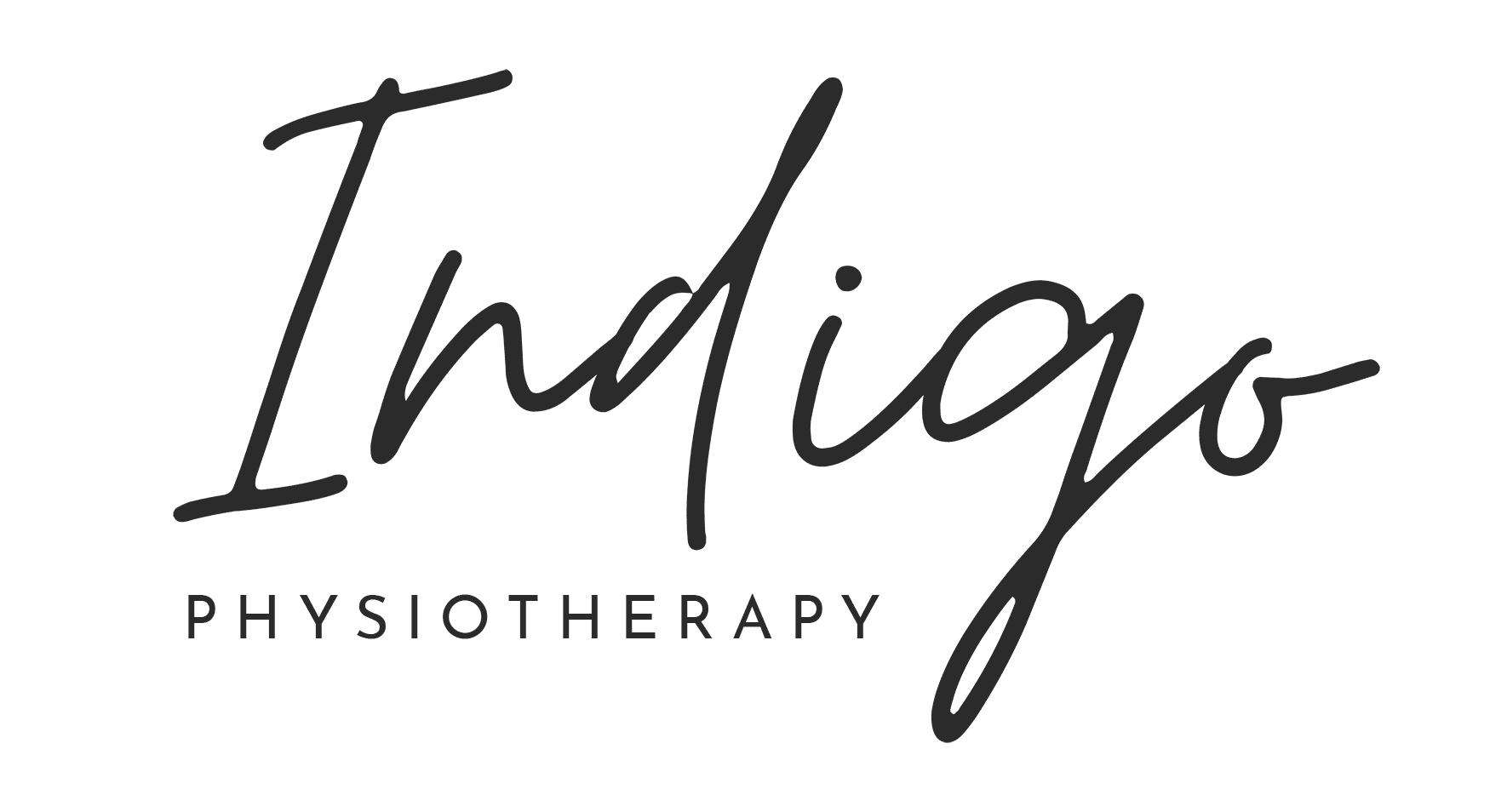MENOPAUSE
PHYSICAL Therapy
Menopause is a natural phase of life, but that doesn’t mean you have to face these changes alone. Indigo Physiotherapy offers specialized pelvic floor physical therapy to help you manage perimenopause and menopause-related symptoms and feel strong, pain-free, and vibrant.
Supporting Your Health Through
MENOPAUSE
Physical Therapy
Hormonal changes during perimenopause and menopause, especially the drop in estrogen, can contribute to changes in the pelvic floor muscles, leading to discomfort and dysfunction. Physical therapy can support improvements in your symptoms.
Our compassionate, expert team will tailor every session to your needs, ensuring a personalized, effective approach to relieve symptoms and improve your quality of life.
How
MENOPAUSE PHYSICAL THERAPY WORKS
Our sessions are designed to offer personalized care with a one-hour evaluation and follow-up treatments with a Doctor of Physical Therapy (DPT). In your initial consultation, we’ll discuss your goals and concerns, review your medical history, and conduct a thorough external and sometimes internal evaluation (with your consent). We use a combination of hands-on techniques, therapeutic exercises, and neuromuscular reeducation to address your specific concerns and guide you through a comprehensive care plan.
What to Expect
Each session includes targeted exercises, manual therapy techniques, and functional training based on our findings. You’ll receive a customized home exercise program to support continuous improvement between visits.
Preparing for Your Visit
Please wear comfortable clothing and complete all paperwork before your first appointment. If possible, bring any relevant medical documents and feel free to ask any questions you may have. Your therapist will provide detailed aftercare instructions and exercises for home.
Why
CHOOSE MENOPAUSE PHYSICAL THERAPY?
Our physical therapy services for those in perimenopause or menopause provide a supportive, highly effective approach backed by extensive research and expertise.
Expert Care
Specialized training in the hormonal, physical, and emotional changes in this phase of life, providing a more tailored and advanced level of care.
Effective Evidence Based Treatment
Proven to deliver safe, positive outcomes for various conditions.
Holistic Support
This service can often improve the effectiveness of other treatments if medical intervention is needed.
Preventative Care
To optimize pelvic health and wellness during this transitional period.
Who
CAN BENEFIT?
Our pelvic PT services support individuals in perimenopause or menopause with a range of conditions, such as:
Incontinence
Bladder leaks and control issues
Other urinary issues and concerns
Including recurrent UTIs, and sensation of fullness, frequent urination, urgency, night time urination (nocturia)
Vaginal Dryness
Tissue health and hydration improvement
Bone Health Support
Exercises to support bone strength
Bowel Dysfunction
Constipation and bowel irregularity
Pain with Intercourse
Discomfort during intimacy
Pelvic Organ Prolapse
Pelvic stability and support
Musculoskeletal Pain
Such as lower back or hip pain
Contraindications
In certain cases, medical clearance may be required, or treatments may be delayed based on clinical judgment to ensure patient safety and optimal outcomes.
Complementary Treatment
How can pelvic floor therapy help with perimenopausal and menopausal symptoms?
Pelvic floor therapy can help alleviate perimenopausal and menopausal symptoms by addressing issues such as pelvic pain, urinary incontinence, prolapse, and sexual dysfunction through manual therapy techniques and targeted exercises.
Why am I experiencing more bladder symptoms during menopause?
Estrogen loss can weaken pelvic floor muscles and the tissues around the urethra, leading to incontinence, or loss of urine control. PT can help target these muscles and tissues to help improve support and reduce bladder symptoms.
Is pelvic floor therapy suitable for all menopausal women?
Yes, pelvic floor therapy is beneficial for women experiencing perimenopausal or menopausal signs and symptoms regardless of age or severity. It can be tailored to address individual needs and concerns.
We always encourage people to start seeing a pelvic PT at the start of perimenopause as this can help reduce the impact of menopause on the pelvic floor system as a preventative measure.
Do I need a referral?
You do not need a referral to see a physical therapist. That said, if you have Medicare, we are an out of network provider, and we will need a physician contact to send a POC to be signed for reimbursement purposes. If you have additional questions regarding out of network Medicare, see our Medicare page or call our client concierge team at 888-803-4244 .
Can pelvic floor therapy improve bone health during menopause?
Yes, pelvic floor therapy can contribute to improving bone health during menopause. Many of our clients come to us with the specific goal to improve or maintain bone health, especially for conditions like osteopenia or osteoporosis.
We routinely incorporate safe therapeutic exercises tailored to each individual’s current activity levels and needs.
Strength training and long bone weight bearing via exercise is the #1 research supported intervention during this age span for maintaining and supporting bone health through a loss of estrogen or other aging factors.
Will kegels help improve my urinary symptoms?
The short answer, it depends. Kegels are not for everyone, and a PT can assess whether you would benefit from kegels, or focusing more on relaxation of the muscles.


